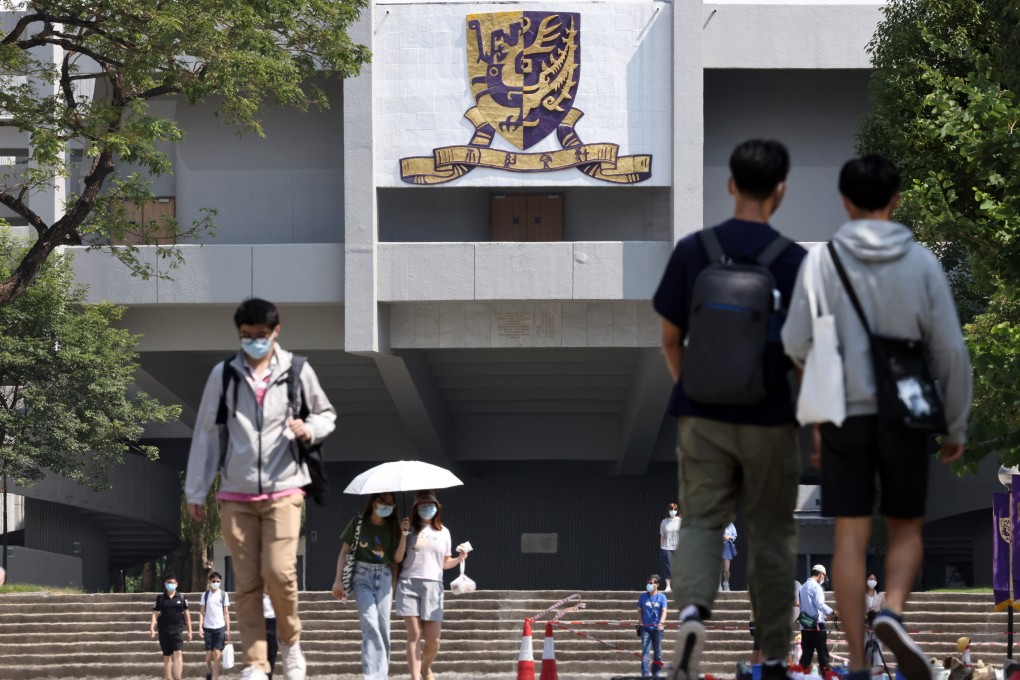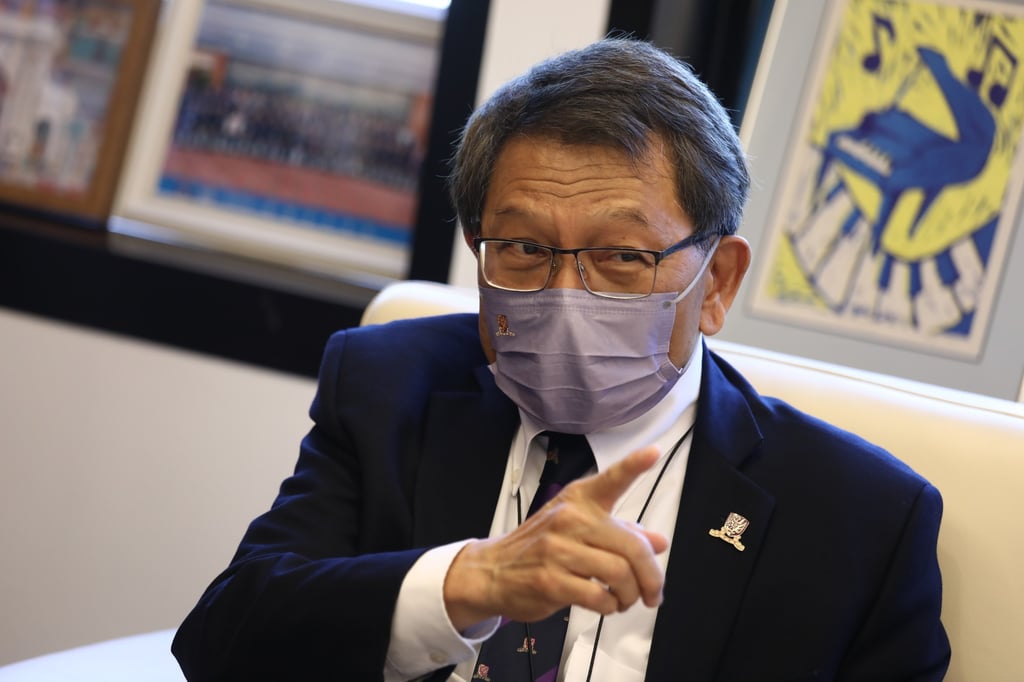Lawmakers seek to reform Chinese University of Hong Kong’s governing council after ‘appalling’ handling of 2019 campus protests
- Bill proposes to reduce size of governing council while drastically increasing proportion of external members
- Approval of new three-year term for CUHK president Rocky Tuan has also drawn criticism from pro-establishment camp

Senior management of a leading university in Hong Kong will have less say over the selection of its head under a bill mooted by lawmakers which seeks to drastically reform the varsity’s governing body.
The proposal, introduced by three lawmakers currently sitting on the Chinese University of Hong Kong (CUHK) council, followed the reappointment of Rocky Tuan Sung-chi, who will stay on as president until 2026.
Approval of a new three-year term for Tuan in April drew criticism from the pro-establishment camp, with some complaining it amounted to rewarding him for his questionable performance during the 2019 social unrest, when he showed sympathy towards protesting students.
The bill, unveiled on Tuesday night, proposes to reduce the number of council members from 55 to 34, while drastically increasing the proportion of external members.

Under the proposed amendment, the number of external members – individuals who are not students or university employees – would drop to 23 from the current 28. The number of internal members would be cut from 27 to 11.